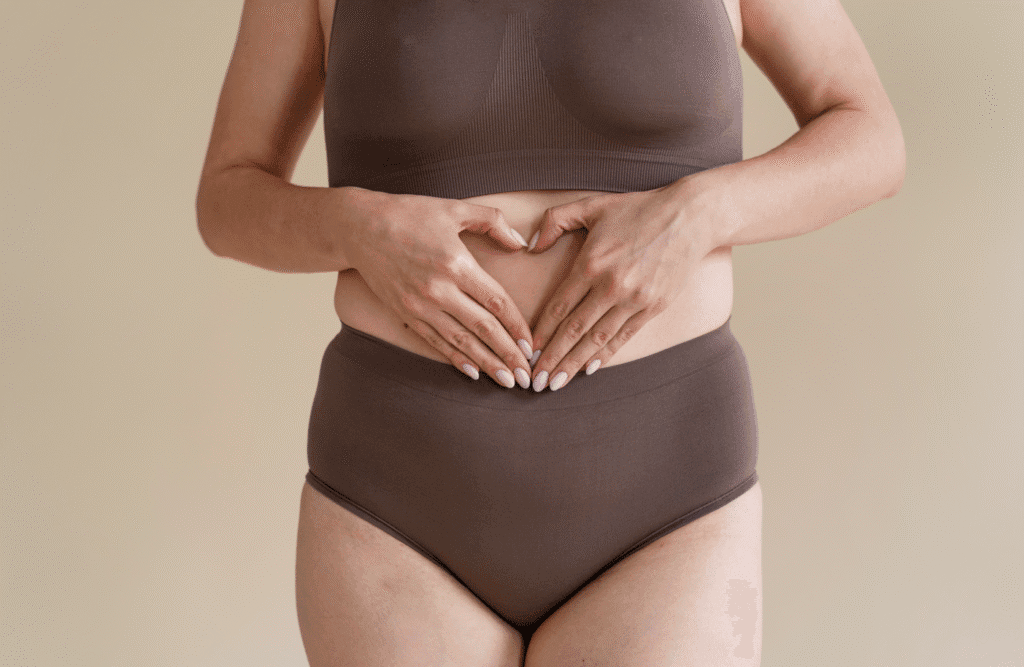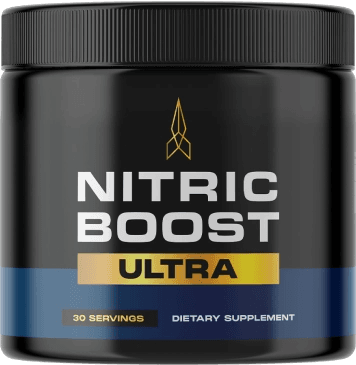What Every Woman Should Know
💥 Why Bloating Isn’t “Just in Your Head”
That uncomfortable, gassy, puffy feeling? It’s not just from what you ate—your hormones and gut are having a full-on conversation behind the scenes.
For many women, bloating comes and goes with your cycle, stress, or gut imbalances—and sometimes all three.
🔄 Hormones + Gut: A Two-Way Street
Your hormones influence your gut, and your gut helps regulate hormones. Here’s how:
🧠 Estrogen & Progesterone
- These fluctuate throughout your cycle and affect gut motility (how fast or slow things move)
- High estrogen = water retention + slowed digestion = bloating
- Low progesterone (esp. pre-period) = constipation or cramping
🦠 Gut Microbiome
- Hosts the estrobolome: bacteria that metabolize estrogen
- An unbalanced gut can lead to estrogen dominance, causing PMS, bloating, and mood swings
- Gut inflammation also worsens period pain and IBS symptoms
📅 Bloating Through the Menstrual Cycle
| Phase | Hormones | Gut Effect |
|---|---|---|
| Menstrual (Days 1–5) | Low estrogen & progesterone | Possible diarrhea, cramps |
| Follicular (Days 6–14) | Rising estrogen | Digestion stabilizes |
| Ovulation (Day ~14) | Peak estrogen | Slight bloating, water retention |
| Luteal (Days 15–28) | High progesterone, then drop | Slowed digestion, major bloating, PMS cravings |
⚠️ Signs Your Gut and Hormones May Be Out of Sync
- Persistent bloating (not just post-meal)
- Constipation or loose stools around your period
- PMS mood swings or fatigue
- Sugar or carb cravings before menstruation
- History of hormonal birth control, PCOS, or endometriosis
💖 What You Can Do
1. Support Your Microbiome
- Eat more fiber, fermented foods (like kimchi, kefir), and prebiotics (onion, garlic, asparagus)
- Consider a quality probiotic, especially if you’ve been on antibiotics or hormonal birth control
2. Balance Estrogen Naturally
- Add flaxseed, cruciferous veggies (broccoli, kale, cauliflower), and leafy greens
- These help the body detox excess estrogen
3. Keep Digestion Moving
- Hydrate well
- Try magnesium glycinate or citrate (gut + hormone friendly)
- Gentle movement (like walking, stretching, yoga)
4. Reduce Inflammation
- Cut back on ultra-processed foods, refined sugar, and alcohol
- Add in omega-3s (chia, flax, walnuts, or fish oil)
5. Cycle Sync Your Lifestyle
- Track your period and match your workouts, meals, and self-care to your hormone phases
💬 Final Thought:
If you’re bloated and hormonal, you’re not alone—and it’s not just about food.
Balancing your gut is one of the most powerful things you can do for hormonal health.
And when you support your hormones, your gut says thank you—with less puffiness, fewer cramps, and smoother digestion.




